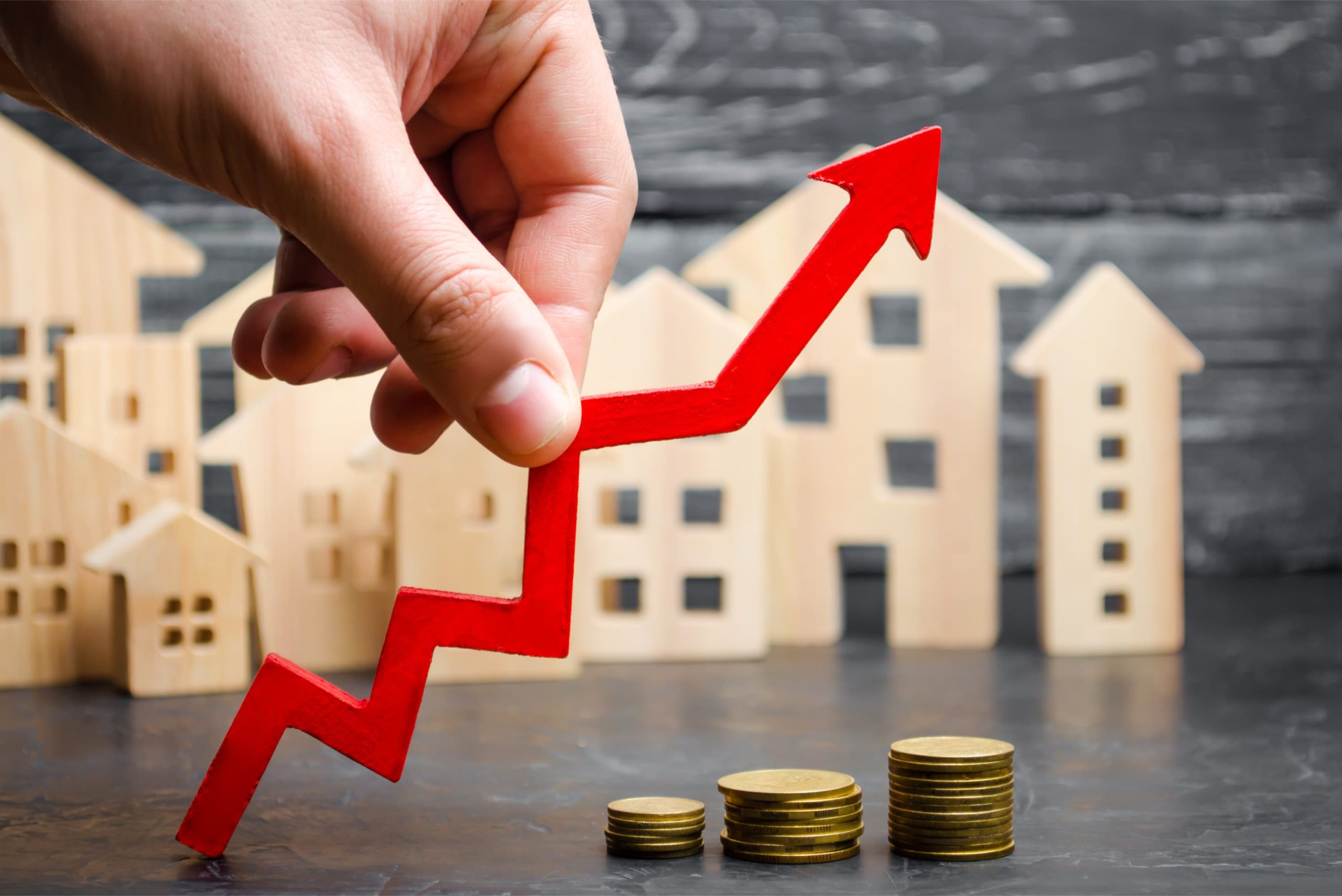Introduction
In today’s world, real estate transactions can be slow and complicated. There are many steps, and lots of paperwork is involved. But in 2025, blockchain technology is changing this. It is making real estate transactions faster, more secure, and less expensive.
Blockchain is helping buyers, sellers, and agents make deals more easily and safely. By using blockchain, people can complete transactions without worrying about fraud or long delays. This article will explain how blockchain works and how it is transforming long term real estate transactions in teh united states in 2025.
What Is Blockchain?

Blockchain is a technology that helps store information safely. It keeps records in a digital ledger, spread across many computers. This means that the information cannot be changed or deleted, making it secure and transparent.
In real estate, blockchain helps store important details about properties, such as ownership, sales history, interest rates, cash flows and legal information. This makes it easier for everyone to trust the information and complete transactions quickly.
How Blockchain Helps in Real Estate Transactions

1. Better Security
One of the biggest problems in real estate is fraud. Sometimes, documents can be changed, lost, or stolen. Blockchain helps stop this by storing data in a way that can’t be altered.
Once information about a property is added to the blockchain, it is there for good. Buyers and sellers can trust that the details are real and have not been tampered with. This makes real estate transactions safer for everyone involved.
2. Faster Transactions
Normally, real estate transactions take a lot of time. There are many steps, such as checking documents, waiting for approvals, and working with different people. With blockchain, much of this can happen automatically through smart contracts.
Smart contracts are digital agreements that automatically execute when certain conditions are met. For example, when a buyer transfers money, the smart contract will immediately transfer the property to the buyer’s name. This speeds up the process and makes it easier.
3. Transparent and Clear Information
Blockchain keeps a clear and public record of all transactions. When a rental property changes ownership, the blockchain records this change. Everyone involved in the transaction can see the history of the property, including previous owners and sales prices.
This transparency helps build trust. Buyers can see that the property’s ownership or property management is clear, and they don’t have to worry about hidden issues.
4. Lower Costs
In traditional real estate transactions, many people are involved: lawyers, notaries, agents, and others. Each of these people can add to the cost and delay the process. Blockchain helps reduce the need for so many middlemen.
Since smart contracts can handle many steps automatically, there are fewer people involved. This can make real estate deals cheaper and faster.
5. Tokenization of Real Estate
One of the newest ways blockchain is changing real estate is through tokenization. Tokenization means turning a property into small digital pieces, called tokens, that can be sold to many people. This allows more people to invest in real estate without needing a lot of money.
For example, instead of buying an entire property, an investor can buy a fraction of the property through tokens. This makes it easier for anyone to invest in real estate, even if they only have a small amount of money.
Real-Life Examples of Blockchain in Real Estate

1. Propy
Propy is an app that uses blockchain to make international real estate transactions easier. It allows buyers and sellers from different countries to complete deals safely and quickly. With Propy, you can use cryptocurrency to buy a property, and the deal is recorded on the blockchain.
This helps avoid problems with different currencies and legal systems. Propy has already done several successful blockchain real estate transactions, showing that it’s possible to use blockchain for global deals.
2. RealT
RealT is a platform that allows people to buy real estate tokens. These tokens represent ownership in a property, and people can buy and sell them just like stocks. This allows people to invest in real estate without having to buy an entire property.
RealT makes real estate more accessible by using blockchain to divide residential properties into small, tradable units. This helps bring residential real estate investment to people who may not have enough money to buy a whole property.
How Blockchain Will Change the Real Estate Market in 2025

1. More People Will Invest in Real Estate
Because tokenization makes it easier to invest in small parts of real estate, more people will be able to invest in the market. This opens up real estate investment trusts reits to everyone, not just those with a lot of money. In 2025, we can expect to see more blockchain-powered real estate platforms allowing smaller investments.
2. Global Real Estate Transactions Will Be Easier
With blockchain, international real estate transactions will become faster and simpler. Propy and other platforms are already making it easier to buy property from anywhere in the world. In 2025, this trend will grow, making global real estate deals more common.
3. Smart Contracts Will Replace Paperwork
As smart contracts become more popular, many of the steps involved in real estate transactions will be handled automatically. This means less paperwork and faster deals. By 2025, we can expect to see smart contracts used in nearly all real estate transactions, making the process more efficient.
Future of Blockchain in Real Estate by 2025 and Beyond

Looking ahead, blockchain will become more common and easier to use in property deals. We’ll see clear international standards for recording titles and transfers on chains. Hybrid models or digital assets may let sensitive data stay private off-chain while proofs live on public ledgers. AI tools could scan blockchain records to spot fraud or speed up appraisals. Tokenization of real estate will let real estate investors buy and sell small shares of properties instantly. As technology and laws mature, blockchain will reshape real estate markets or commercial real estate with safer, faster, and more inclusive transactions.
Comparative Table: Benefits of Blockchain for Real Estate Transactions
| Benefit | Explanation |
|---|---|
| Enhanced Security | Blockchain ensures data cannot be altered or deleted, reducing fraud. |
| Faster Transactions | Automates processes like payments and document transfers through smart contracts. |
| Transparency | Every transaction is recorded publicly on a blockchain, ensuring trust. |
| Reduced Costs | Eliminates the need for intermediaries like notaries and agents. |
| Tokenization | Allows fractional ownership of properties, making real estate more accessible. |
| Simplified Property Transfers | Instant, digital property transfers without physical paperwork. |
Conclusion: Blockchain’s Role in Real Estate in 2025
Blockchain technology is revolutionizing the real estate industry for commercial properties. It is making transactions faster, more secure, and more transparent. By using smart contracts, tokenization, and decentralized ledgers, blockchain is helping both buyers and sellers complete deals more easily and with greater confidence.
As we move toward 2025, blockchain will continue to shape the future of real estate transactions, making them more accessible, cost-effective, and global. Whether you are a buyer, seller, or investor, blockchain will likely change the way you experience the real estate sector.










